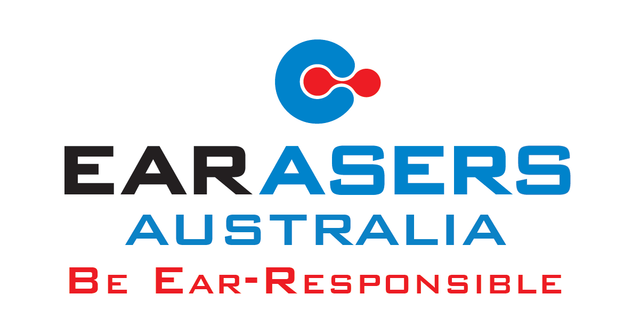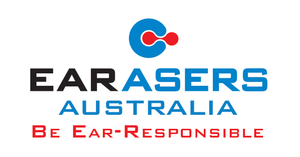Why don't earplugs block all snoring sounds?
Earplugs are designed to reduce the intensity of sound, but they may not completely block out all types of noise, including snoring. There are several reasons why earplugs might not block all the snoring sounds:
-
Sound Frequency and Intensity: Snoring sounds can vary in frequency and intensity. While earplugs are effective at reducing noise levels, very loud or low-frequency sounds like snoring may still be partially audible even with earplugs. Some of this energy can be transferred via the bones in the skull versus the ear canal pathway.
-
Fit and Insertion: The effectiveness of earplugs depends on how well they fit and how they are inserted into the ears. If earplugs are not properly inserted or don't fit snugly, they may not provide optimal noise reduction. As you probably know, foam earplugs tend to fall out during the night, or you pull them out because they start itching. The soft and flexible silicone of the Earasers earplugs does not itch and will not work out of the ear canal during the night.
-
Earplug Type: There are different types of earplugs available, such as foam, silicone, or custom-molded earplugs. Some types provide better noise reduction than others. Custom-molded earplugs, for instance, can offer a higher level of noise reduction since they are designed to fit the individual's ear shape. However, unlike Earasers, custom earplugs do not flex as much due to jaw movement. When you sleep, the jaw can motion open and closed and when lying on your side, it can also cause shifting in the ear canal which may break the seal on even a custom earplug. Earasers have a patented flexing system which helps keep the seal intact even with unintended jaw motion.
-
Source of Noise: The location of the sound source (snoring) and the characteristics of the environment can impact how effective earplugs are at blocking the sound. If the snoring noise is particularly close or resonates through walls or other surfaces, it might still be audible even with earplugs.
-
Individual Sensitivity: People have different levels of sensitivity to noise. Some individuals may be more sensitive to certain frequencies, making it more challenging to completely block out specific sounds like snoring. You may have grown rather irritated with the sound of snoring, so keep in mind the psychological effect of reducing even 50% of it, is a positive thing! Think positive!
-
Quality of Earplugs: The quality of the earplugs also matters. Higher-quality earplugs designed for noise reduction purposes are likely to provide better results than generic or low-quality options.
If you're using earplugs to block out snoring, here are a few tips to improve their effectiveness:
- Try Earasers. The Peace & Quiet version is our strongest but use the lowest level that works for you to maintain some connection to your environment for safety reasons.
- Make sure to insert the earplugs correctly and securely.
- Consider using a white noise machine or a fan in your room to create additional background noise that can help mask sounds like snoring.
If snoring is a persistent issue affecting your sleep or that of others, it might be worth addressing the underlying cause of the snoring, such as sleep position, allergies, or other medical conditions, with the help of a healthcare professional.

